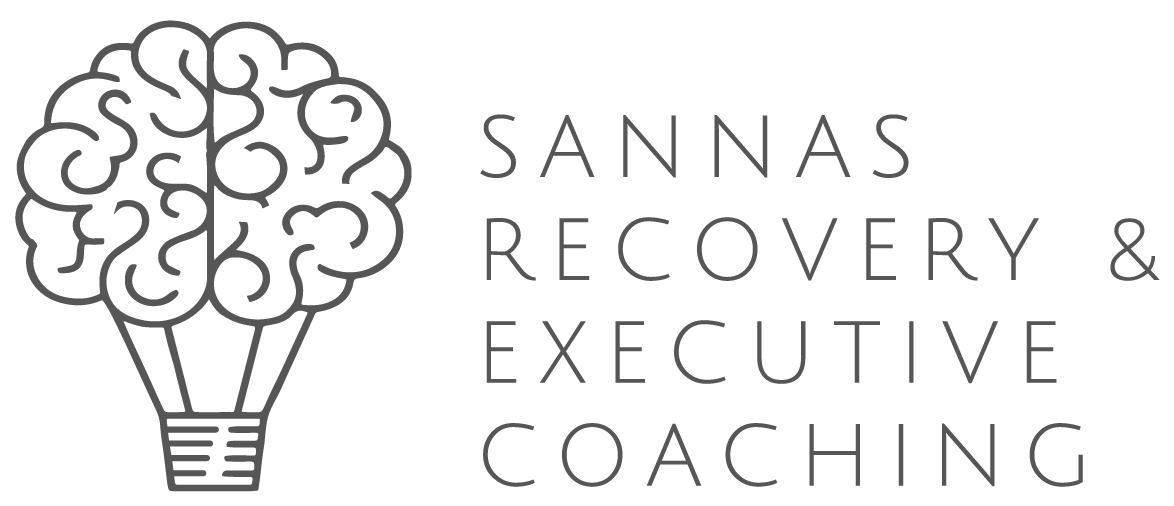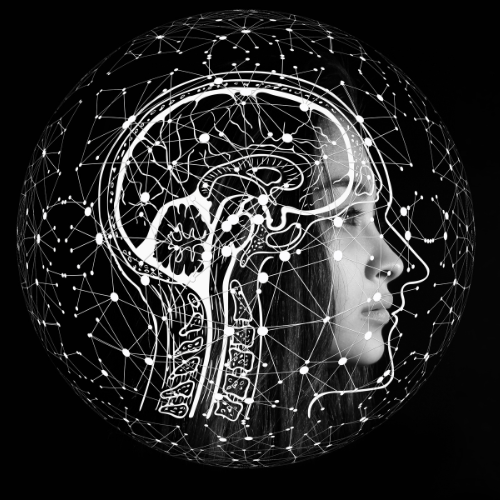CLINICAL EFT

By influencing brainwaves, EFT helps the brain create new positive connections and reduce emotional and mental blocks.
What is EFT?
A tool for e.g. stress reduction, a mixture of modern western psychology (exposure therapy and cognitive therapy) and the ancient art of acupressure. Also called tapping. When we focus on an unwanted event/feeling, we tap on acupressure points on the face and torso.
Science shows that there is an almost instantaneous signal to the brain that lets your body know it is safe.
It moves you from the sympathetic nervous system to the parasympathetic (rest/digestion etc.).
Studies show that it lowers your cortisol and now you can rest in yourself (peace of mind) instead of reacting from a triggered or habitual reaction pattern.
2020 group tapping study - measuring cortisol (stress) levels before and after a 60-minute group tapping session, so
Reduced cortisol levels by 43%.
EFT has been shown to meet the APA's criteria for "efficacious" treatment in several independent studies. Efficacious means that there is documented scientific evidence that the method has significant positive effects on specific conditions, such as anxiety, depression and PTSD.
- Currently, a systematic review led by Dr. Peta Stapleton (on behalf of the APA's Division 12 Taskforce) is underway to potentially formally recognize EFT as an evidence-based practice. This work is not yet complete, and the APA has not yet made an official decision to list EFT as a fully approved evidence-based practice.
- The National Center for Complementary and Integrative Health (NCCIH), an official agency of the U.S. government, has already officially listed EFT as a complementary treatment for anxiety and distress.
Links to pages where you can read about the research on Clinical EFT :


